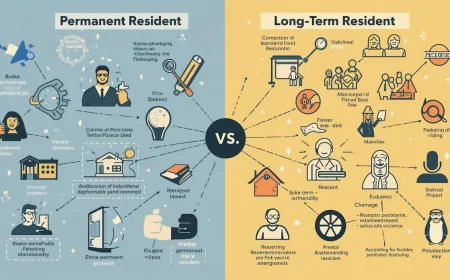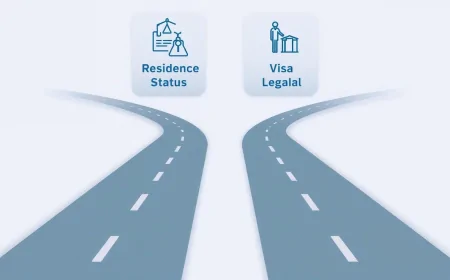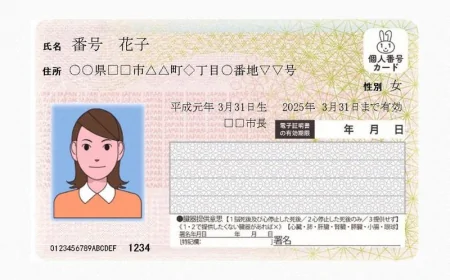Efficiently Learning Kanji
Kanji, the Chinese characters used in the Japanese language, can be a daunting challenge for new learners. However, with a logical approach and patience, you can effectively learn Kanji.

Below is a synthesized compilation of suggestions and fundamental principles to help you learn Kanji efficiently.
- Set Learning Goals: Before embarking on Kanji study, establish your learning goals. You can start by learning a set of basic Kanji characters and gradually increase the number as you progress. Setting specific goals and a timeline to achieve them will provide a clear study plan.
- Learn Vocabulary and Grammar Simultaneously: Kanji is often used in Japanese vocabulary and grammar, so learning them together is the most effective approach. Study Kanji within the context of vocabulary and direct sentences to apply them in daily communication.
- Utilize Kanji Radicals: Kanji characters are composed of radicals with individual meanings, and understanding and memorizing these Kanji radicals will make your Kanji learning process easier. Explore Kanji radicals through dictionaries or study materials and apply this knowledge in your learning journey.
- Regular Review: To retain Kanji characters, regular review is essential. Create a reasonable review schedule and dedicate a small amount of time each day to review the Kanji you have learned. Using exercises and flashcards is an effective way to practice and assess your Kanji knowledge.
- Read and Write Kanji: Practicing reading and writing Kanji is a crucial part of learning. Read texts, news, Japanese books, or any materials containing Kanji and try to rewrite them. You can also engage in Kanji writing exercises or participate in Kanji writing courses.
- Be Patient: Learning Kanji is not an easy and quick process. It requires patience and perseverance to understand and memorize Kanji characters. Do not worry if you encounter difficulties; continue practicing and learn from your mistakes.
- Use Relevant Learning Resources: There are various Kanji learning resources available, such as textbooks, Kanji dictionaries, mobile applications, and online learning platforms. Explore and choose resources that align with your learning style to enhance the effectiveness of your learning process.
- Learn through Real-life Exposure: When studying Kanji, seize opportunities to use them in daily life. Take note of Kanji characters you encounter in the streets, products, or any Japanese text you come across. Practicing the use of Kanji in real-life contexts will help you naturally apply your knowledge.
In summary, learning Kanji is a process that requires patience and a sensible learning approach. By applying the aforementioned suggestions and setting specific goals, you can efficiently and rapidly learn Kanji.
記事に関連する商品






































































































